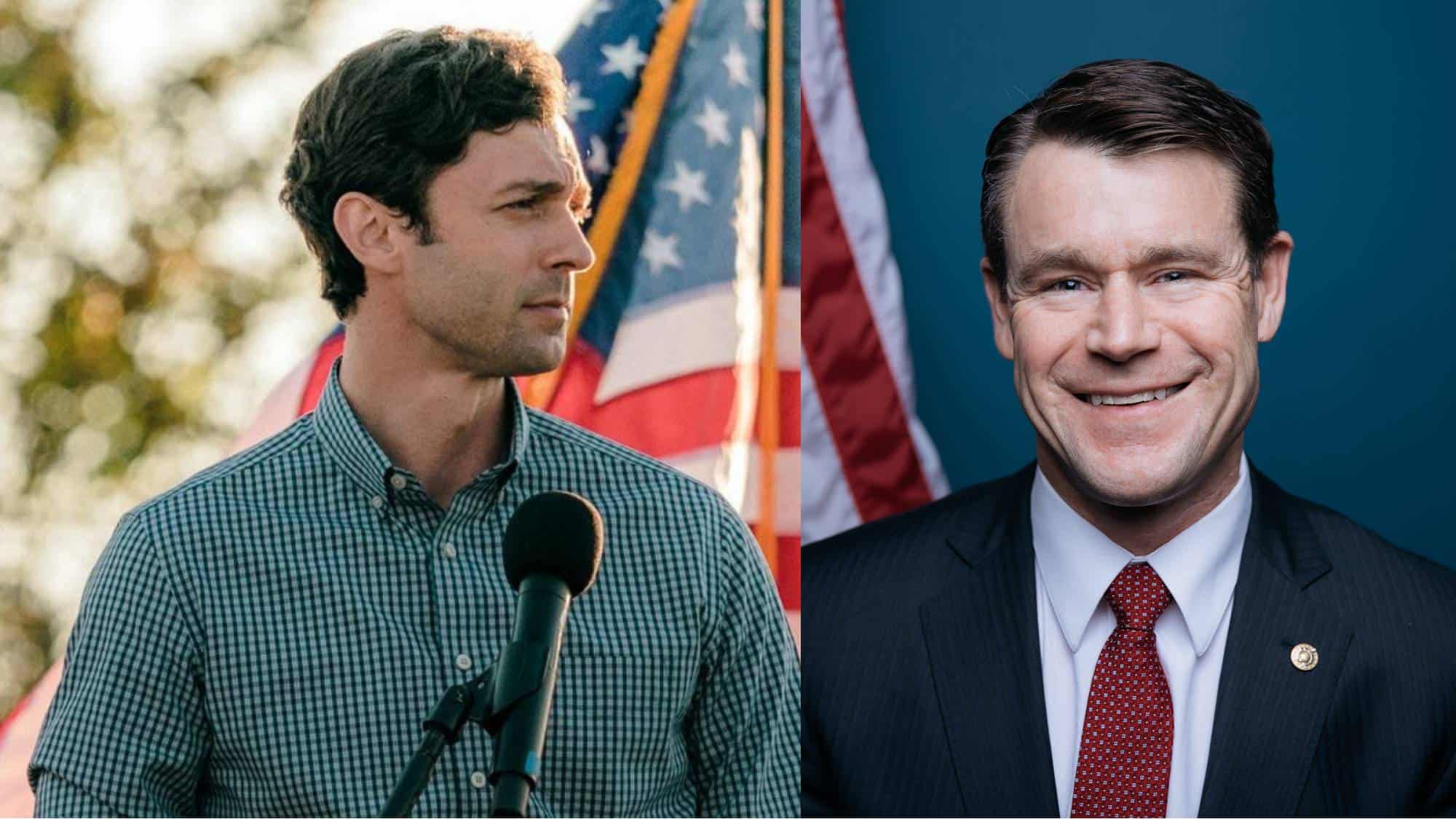A bipartisan group of senators will introduce legislation to establish three new embassies in the Pacific Islands region to strengthen America’s relationships there and counter China’s growing influence.
The “Pacific Islands Embassy Act,” co-led by Senators JON OSSOFF (D-Ga.) and TODD YOUNG (R-Ind.), would establish new U.S. missions in Vanuatu, Kiribati and Tonga. As of today, America has a Fiji-based Ambassador who concurrently serves as the representative to Kiribati, Tonga, Tuvalu and Nauru, while the Ambassador to Papua New Guinea is also accredited to Vanuatu and the Solomon Islands.
The goal of the bill is to have more U.S. diplomats directly engage more Pacific Islands’ governments — closing the gap between Beijing’s presence and America’s.
“Strong U.S. diplomacy in the Pacific is essential. We must immediately establish a robust physical diplomatic presence in these strategic island nations,” Ossoff said in a statement. “Frankly, it is malpractice that the United States didn’t take this step a decade and a half ago. Time is of the essence.”
The measure, co-sponsored by Senators. Marsha Blackburn (R-Tenn.), Brian Schatz (D-Hawai’i) and Mazie Hirono (D-Hawai’i), requires the secretary of State to inaugurate the missions no later than two years after the bill is signed into law. The top diplomat must also by that time recommend to the president who should serve as ambassadors in those embassies.
However, the bill allows for a one-year delay of the requirements “if the President determines and reports to Congress in advance that such waiver is necessary to protect the national security interests of the United States.”
The act authorises US$40.2 million in FY 2023 to construct the embassies — the same amount Ossoff asked appropriators to green light back in May — as well as US$3 million in FY 2024 to maintain the buildings.
The future of the bill is unclear, but it underscores the growing concern in Congress about America’s faltering presence in the Pacific islands.
The U.S. has yet to extend its agreement with the Freely Associated States of the Marshall Islands, Micronesia and Palau, leading the State Department to appoint Special Presidential Envoy Joseph Yun to get it done. And KURT Campbell, the NSC’s top Asia staffer, hurried to the Solomon Islands in April following its signature of a national security deal with China. Luckily for the U.S., that agreement is backfiring on Beijing because of the secretive negotiations process.
Language floating around the Senate Appropriations Committee suggests there’s more the U.S. could do to bolster its presence in the Pacific islands region, namely sending Peace Corps volunteers there, boosting funds for existing embassies, and having the Development Finance Corporation invest more in the islands.

One Response
Comments are closed.